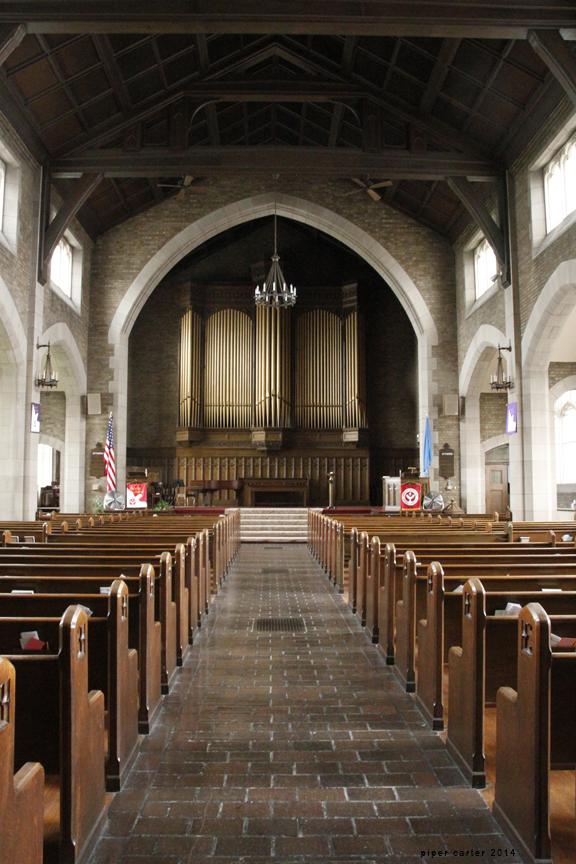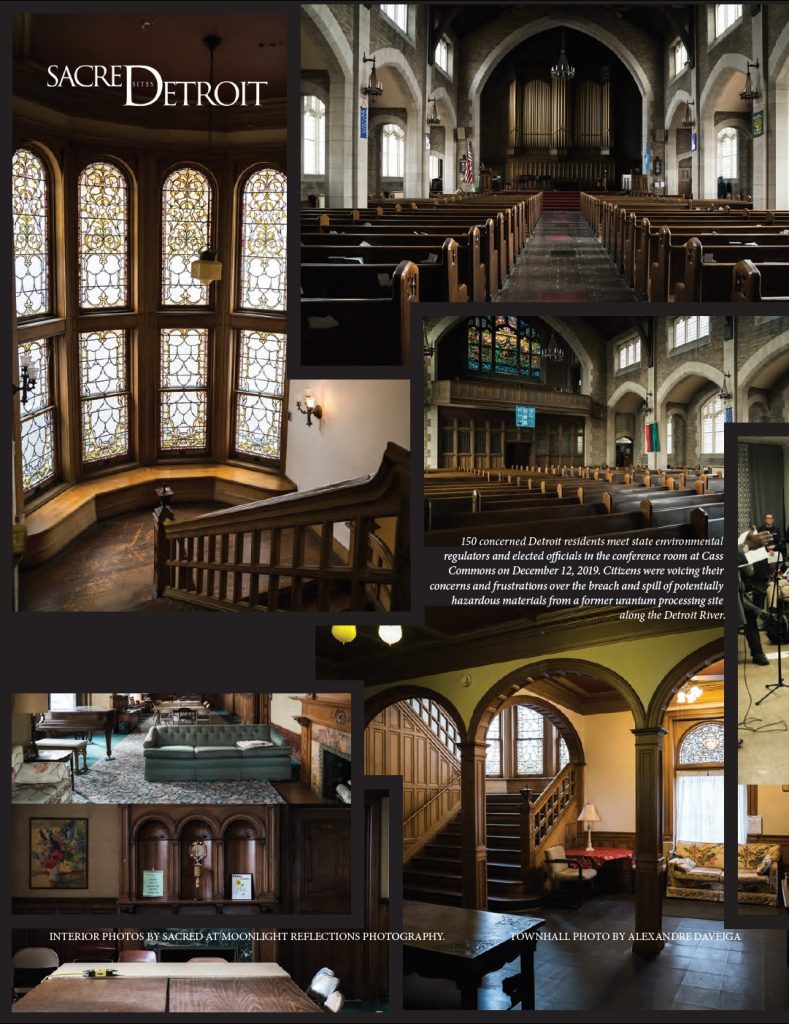
CASS CORRIDOR COMMONS serves as a home to many of Detroit’s grassroots community organizations. Over 34,000 sq-ft, in the heart of Detroit’s Cass Corridor (now called “Midtown”) area, Cass Corridor Commons is a historical site of over 100 years old.
The aging grey edifice at the corner of Cass and Forest has sheltered visionary activists and artists for nearly two centuries. Before the civil war, it held the first library where people of African and European descent could read together. It was a home for abolitionists and free thinkers. A century later it welcomed those who survived atomic testing, forging that experience into a powerful anti-nuclear movement. It was the faith home of Viola Liuzzo and a hub of draft resistance. Its halls still echo the sounds of sacred music and vibrant jazz concerts held in the conference room and sanctuary. It was home to Detroit Women’s Coffeehouse, Red Door Theater, Thick Knot Productions, CAMP Detroit and Detroit Summer.
In 2011, the First Unitarian Universalist Church (1stUU) sold the building to the Eastern Michigan Environmental Action Council (EMEAC) in an effort to keep The Commons accessible to community organizations and people that have long had a stake in the social justice movement. Today, EMEAC manages The Commons as a center for grassroots activism, standing against profit-driven development in name and mission. No one calls the neighborhood Midtown.
While the 1stUU continues to offer services to a diverse and progressive congregation in the sanctuary, The Commons continues to evolve as a multi-use meeting space, especially for environmental justice advocates, emphasizing youth-activism and Black liberation. Youth leadership has always been part of EMEAC’s vision, including youth board members and their Youth Environmental Activists (YEA). In 2015, EMEAC successfully partnered with several youth-led organizations during the first Youth Climate Justice Summit for the National Climate Justice Alliance.
The Commons continues to embrace gatherings of people challenging injustice and advancing progressive thinking. Along with EMEAC, the office and living spaces are shared by the Michigan Audubon Society, students from U-M’s Semester In Detroit, and the Sugar Law Center. The Detroit Independent Freedom Schools and the People’s Water Board meet at the Commons regularly. With all the intergenerational energy swirling throughout The Commons we sometimes forget it is also a place of breathtaking beauty, designed to inspire us all to create a better world.


